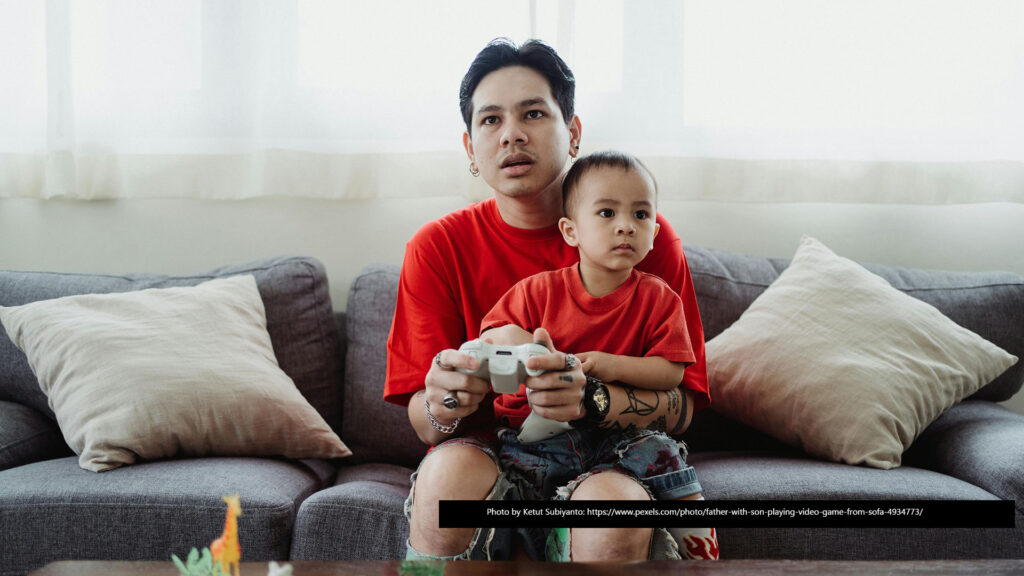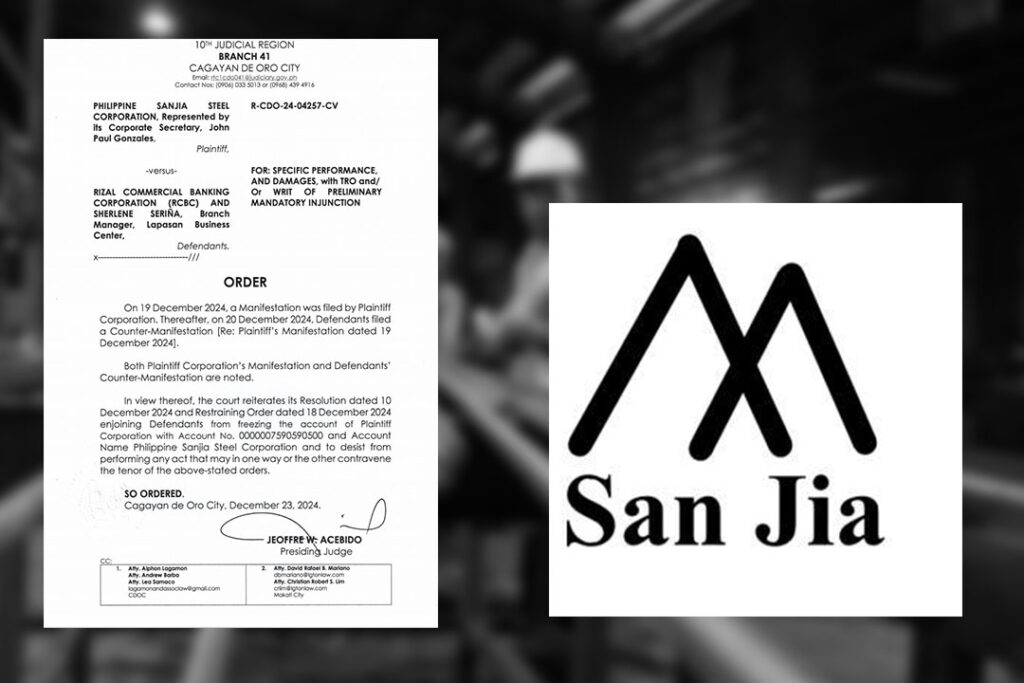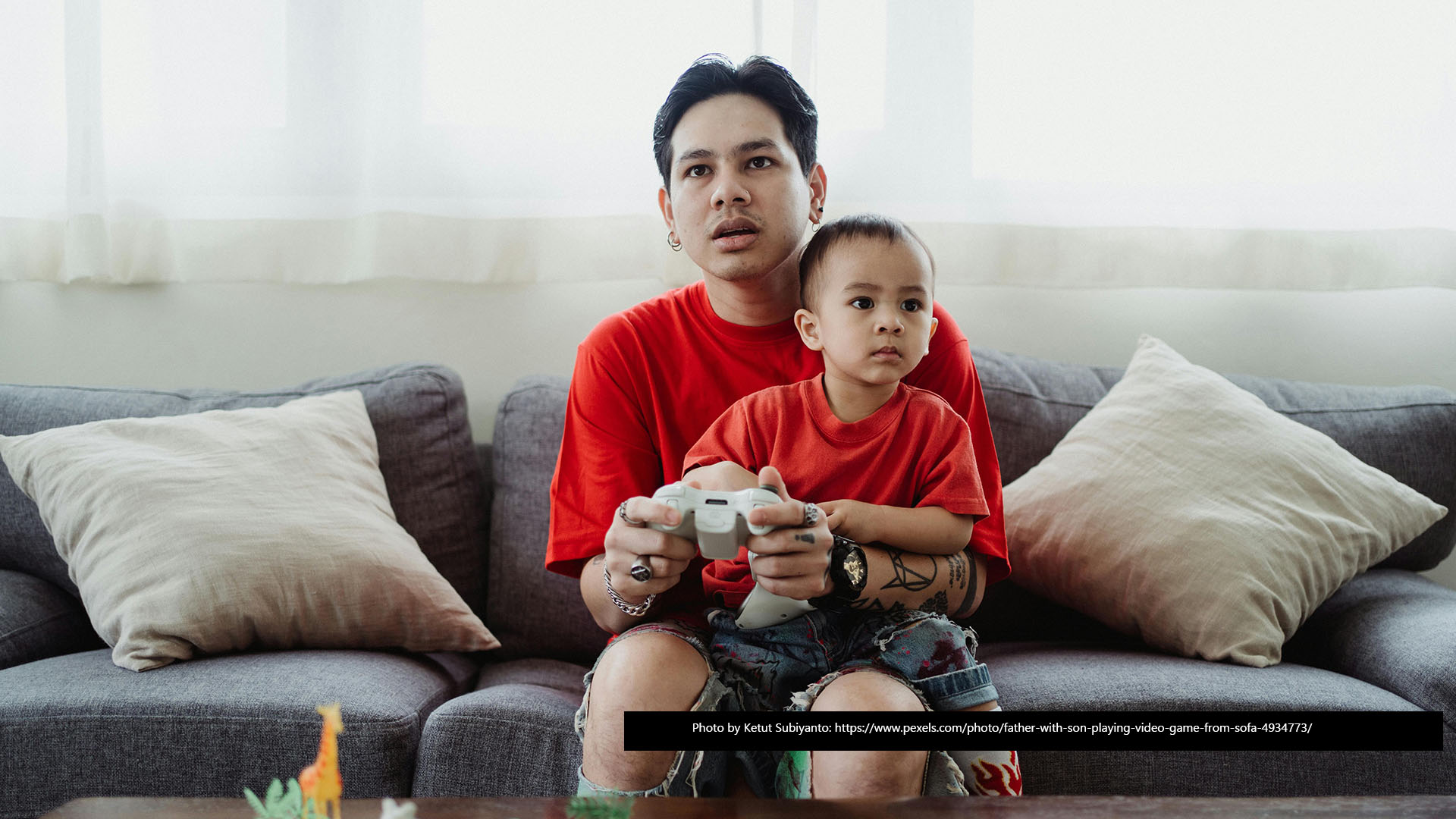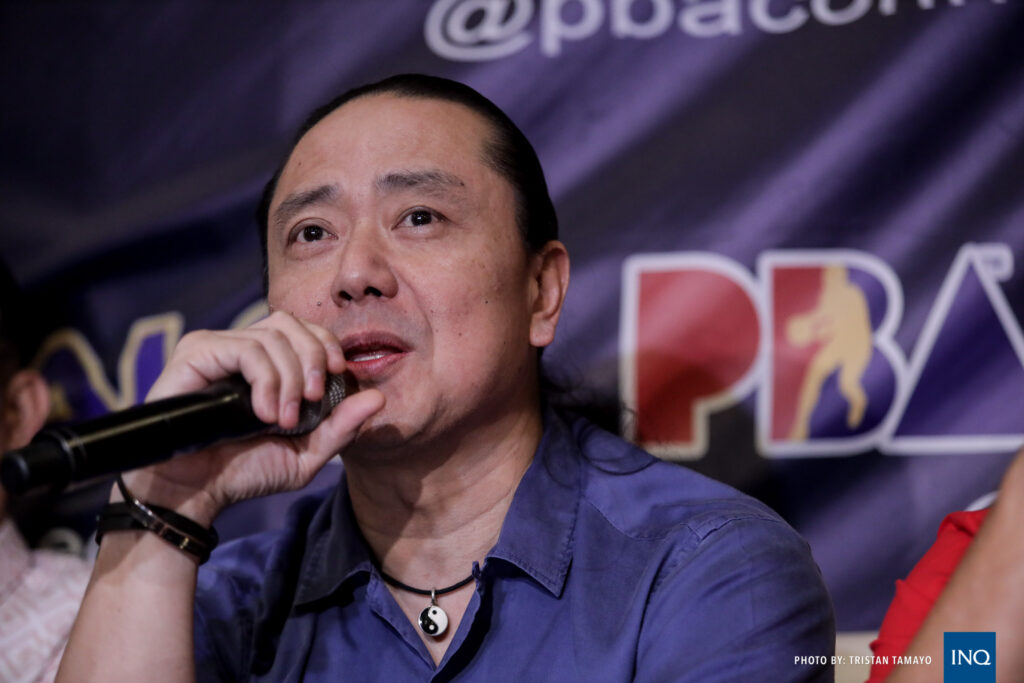Millennial fathers, born between 1981 and 1996, are redefining fatherhood with a blend of traditional values and modern perspectives. Their approach to parenting is characterized by active involvement, emotional openness, and a commitment to balancing work and family life.
Active Involvement
Unlike previous generations, millennial fathers are more hands-on in raising their children. They participate actively in daily routines, from changing diapers and preparing meals to helping with homework and bedtime stories. This involvement is driven by a desire to share the responsibilities of parenting equally with their partners, fostering a sense of teamwork and mutual support in the family unit.
Emotional Openness
Millennial dads are breaking stereotypes by embracing emotional vulnerability. They are more willing to express their feelings and encourage their children to do the same. This shift promotes a healthier emotional environment at home, where open communication and emotional intelligence are valued. By modeling emotional openness, millennial fathers help their children develop strong emotional foundations.
Balancing Work and Family
Work-life balance is a significant priority for millennial fathers. Many seek flexible work arrangements, such as remote work or adjustable hours, to spend more quality time with their families. This balance is crucial for their well-being and allows them to be more present and engaged in their children’s lives. Employers increasingly recognize this need, offering policies that support family-oriented lifestyles.
Emphasis on Education and Development
Millennial fathers place a high value on their children’s education and personal development. They are proactive in researching educational resources, extracurricular activities, and developmental tools that can benefit their children. This focus on holistic development aims to nurture well-rounded individuals capable of critical thinking, creativity, and empathy.
Health and Wellness
Health and wellness are essential aspects of the millennial father’s lifestyle. They prioritize physical fitness, mental health, and overall well-being for themselves and their families. By promoting healthy habits and an active lifestyle, they set positive examples for their children, emphasizing the importance of taking care of one’s body and mind.
Technology Integration
Growing up in the digital age, millennial fathers are adept at integrating technology into their parenting. They use apps and online resources for everything from tracking developmental milestones to finding parenting advice and educational content. While mindful of screen time, they leverage technology to enhance their children’s learning experiences and stay connected with them in innovative ways.
Diverse Family Structures
Millennial fathers embrace and support diverse family structures. Whether in blended families, same-sex partnerships, or single-parent households, they recognize the importance of inclusivity and acceptance. This openness to different family dynamics fosters an environment of love, respect, and understanding.
Challenges and Growth
Despite their progressive approach, millennial fathers face unique challenges. Balancing career aspirations with family commitments can be demanding, and societal expectations about masculinity and fatherhood can add pressure. However, these challenges also present opportunities for growth and adaptation, encouraging millennial fathers to seek support, build strong communities, and advocate for better work-life balance policies.
Conclusion
Millennial fathers are reshaping the landscape of fatherhood with their active involvement, emotional openness, and dedication to work-life balance. Their approach to parenting reflects a blend of tradition and modernity, fostering an environment where children can thrive emotionally, intellectually, and physically. As they navigate the complexities of modern parenthood, millennial fathers continue to set new standards for what it means to be a dad in the 21st century.











